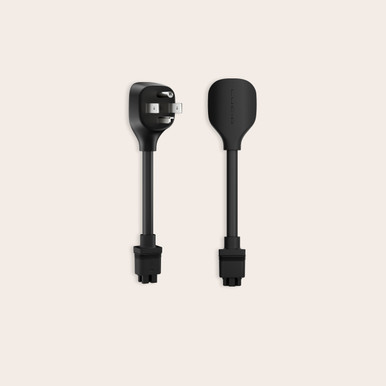One last comment and I will stop!

I had a dream last night that Leviton and Legrand sued us for defamation and product disparagement. And I was worried some here might pull back their dryer to check the receptacle.
So, I will note that the Leviton, Legrand and Eaton $12 receptacles are not defective, not dangerous, not illegal, not a violation of the NEC IF INSTALLED for their intended and common use: residential ovens, stoves dryers. These are intermittent, safe and proper uses of those receptacles. If your home dryer or stove is plugged into a Leviton receptacle, you are fine. They last for decades. (When left alone)
All of our warnings and recommendations deal with selection and installation of 240v NEMA 14-50 receptacles NOW used for continuous dury, 40 and 50 amp EVSEs, electric vehicle service equipment, the proper name for what we all call Home Chargers. Now that is a horse of a different colour.

store.lucidmotors.com
